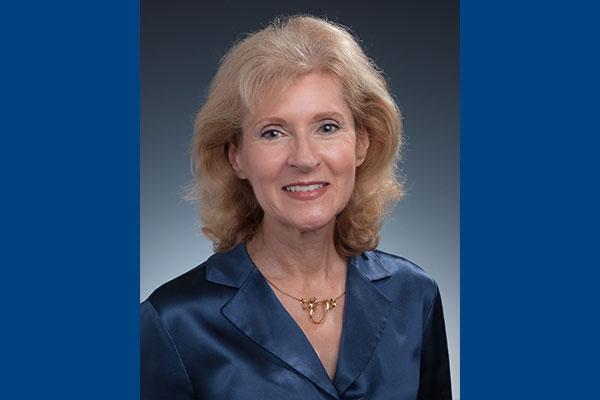
On Aug. 1, 2025, Assistant Professor of Pathology Nancy Henshaw, MPH, PhD, retired. Throughout her career, she dedicated most of her research efforts to adapting new methods of rapid viral diagnosis, while testing newer approaches against standard virological procedures.
She joined Duke in 1985 during the peak of AIDS before early diagnosis of HIV infection and effective treatment were possible. Her focus was rapid identification of Pneumocystis, an AIDS-defining infection, and rapid diagnosis of respiratory viral infections. Henshaw developed the Toluidine Blue O stain for identification of Pneumocystis in bronchoalveolar lavage (BAL) specimens and induced sputum specimens. This resulted in an orderable test, helping doctors spot the Pneumocystis fungus in lung fluid and mucus samples from patients. HIV diagnosis advanced by the validation of the HIV-1/2 Ag/Ab Combo assay in the serology section, leading to earlier diagnosis and treatment.
As monoclonal antibodies to specific viral epitopes became available, she developed a respiratory virus antibody panel using fluorescent markers. This freed her from solely relying on viral cultures. Viruses were amplified briefly in culture and identified with monoclonal antibodies to specific viral epitopes. The virus-infected cells were then visualized with an antibody conjugated with a fluorescent marker (FA). This resulted in the orderable test, the Respiratory Viral Panel, FA. Years later, further development for rapid diagnosis led to the Polymerase Chain Reaction (PCR) lab technique for respiratory viruses within months after the 2009 H1N1 influenza A pandemic strain emerged.
In 1998, after departmental laboratories were consolidated under the Department of Pathology, Henshaw became section head of serology and parasitology in addition to virology. In the Duke Clinical Microbiology Laboratory (CMB), her team identified exotic parasites and malaria in travelers, sparking much interest in microbiology teaching rounds and medical school small groups.
In 2012, she became assistant technical director of CMB, and by 2019, viral culture had given way to PCR testing, and the PCR repertoire continued to expand. March 2020, in the throes of the COVID-19 pandemic, her lab validated multiple SARS-CoV-2 assays with emergency use authorizations from the FDA.
Throughout her career, Henshaw always enjoyed teaching, and in 2021 was named as associate director of the Medical Microbiology Fellowship Program.
“In retirement, I will compile my studies of the epidemiology of respiratory viruses,” said Henshaw. “I plan to enjoy more time with my husband, children, and grandchildren and be outdoors as much as possible.”